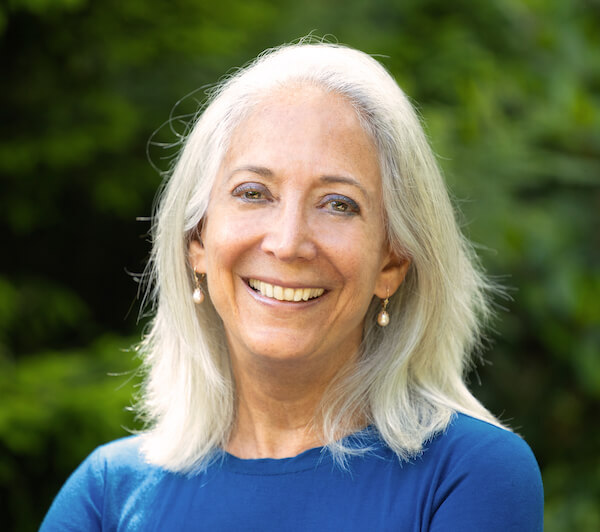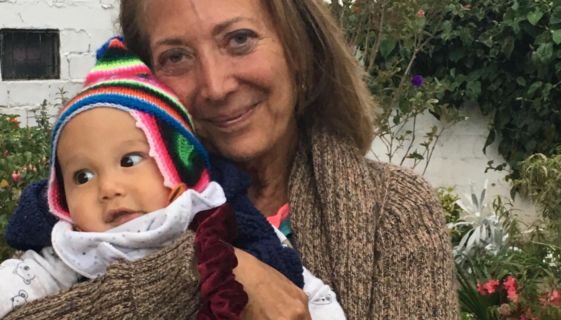“Every action you take is a vote for the type of person you wish to become.”
Consider the graveyard of abandoned diets, the meditation apps paid for but unused, the cobwebbed treadmills now serving as expensive coat racks. All of them painful reminders of a failure to adhere to lifestyle change goals. I, too, am guilty as charged; I make continual efforts, some of which stick, many of which don’t. So for personal and professional reasons, I read books and articles about how to create true and lasting lifestyle change—which is, after all, the holy grail of our Anticancer Lifestyle Program.
Recently, I landed on a bestseller called Atomic Habits, by James Clear. Clear makes the case for what he calls “identity-based” habits. He acknowledges the importance of having specific goals—like losing ten pounds or exercising five days a week—but he believes that true behavior change first requires identity change, meaning that we must first identify the kind of person we’d like to be. For example, if you would like to identify yourself as a healthy and fit person, you can then evaluate your behaviors in that light. “Every action you take,” he says, “is a vote for the type of person you wish to become. No single instance will transform your beliefs, but as the votes build up, so does the evidence of your new identity. This is one reason why meaningful change does not require radical change.”
Many of us berate ourselves when we fail at our change goals. But according to Clear, “The good news is, you don’t have to be perfect. In any election, there are going to be votes for both sides. You don’t need a unanimous vote to win an election; you just need a majority. It doesn’t matter if you cast a few votes for bad behavior or an unproductive habit. Your goal is simply to win the majority of the time. It’s a simple two-step process: 1. Decide the type of person you want to be; 2. Prove it to yourself with small wins.”
First, Clear advises to make a habit of being mindful–of observing your thoughts and actions without judgment or internal criticism. In terms of the choices you make, avoid blaming yourself for your lapses, or praising yourself for your successes. Clear offers many tips and tricks that can help us cast “votes” in favor of small wins. One that intrigues me is the suggestion to say aloud the action you are considering, such as eating a bag of potato chips, and then the observation that eating this snack is not in keeping with that healthy person you seek to be. Saying this sort of thing aloud can make the consequences of undesirable behavior feel more real.
You may decide to eat those chips anyway. In the Anticancer Lifestyle Program, we suggest that you look at “falling off the wagon” not as failure, but as information. Maybe your change goals need to be revisited and adjusted to be more realistic. Maybe there are obstacles you hadn’t anticipated. Either way, laying off the self-criticism is key.
Buddhist philosophy holds that compassion for others begins with self-compassion—a sort of “put on your own oxygen mask before helping others” approach to life. Being kind to yourself may not only help you succeed at making the lifestyle changes you desire, but may also wind up helping you care for others.
The practice of self-compassion can become yet another vote for the kind of person you’d like to be.



 Meg Cadoux
Meg Cadoux 

